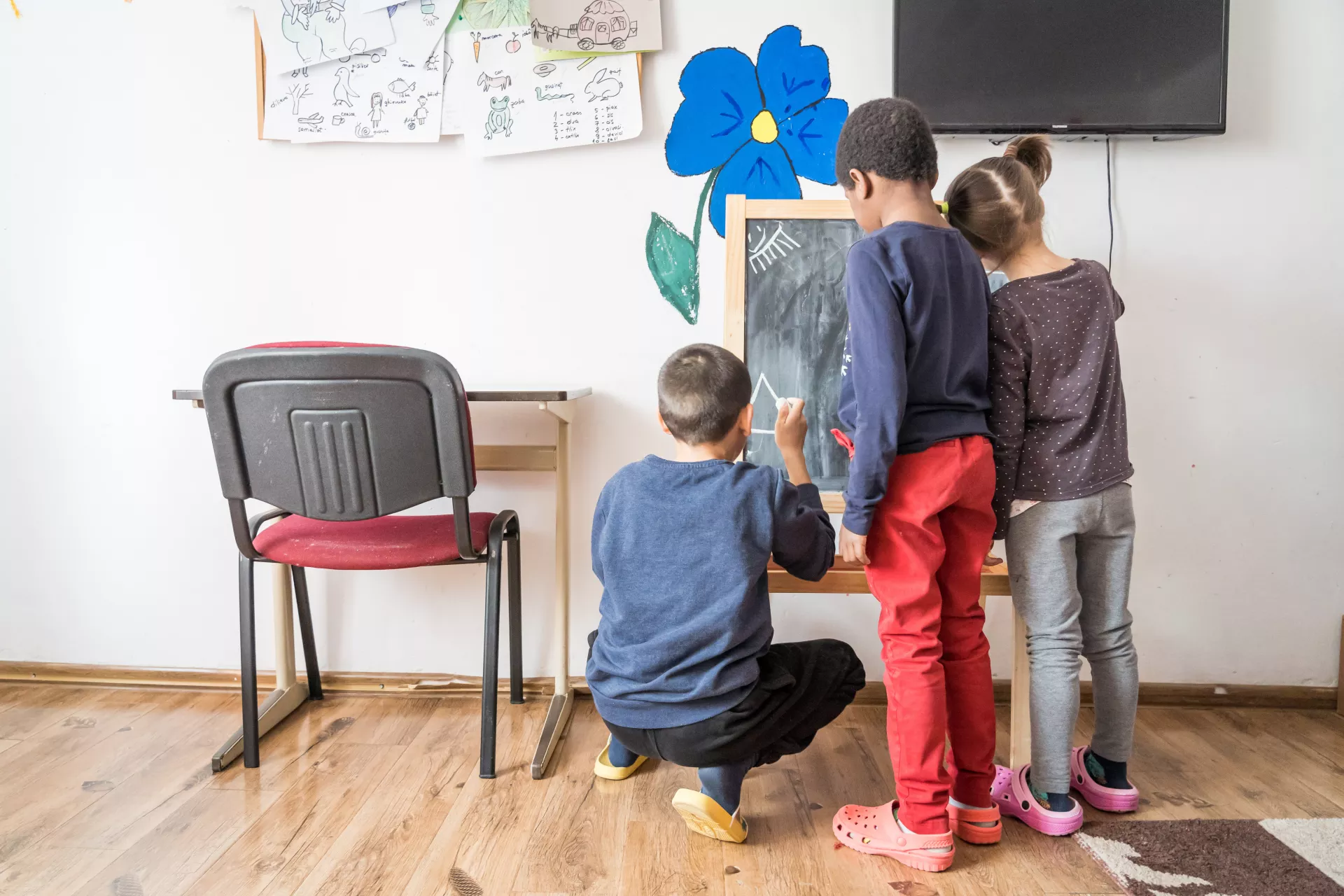The role of boarding schools for vulnerable children in the Europe and Central Asia region
A summary of evidence on the current use and impact of boarding schools in the Europe and Central Asia region

Highlights
Most governments of Europe and Central Asia (ECA) have come to recognise that institutional care is harmful to children and have put in place deinstitutionalisation strategies to replace large-scale residential care institutions with family and community-based care services. The main aim is to prevent unnecessary family separation and where this is not possible, to provide suitable family-based alternative care for children. Data from the TransMonEE initiative, which gathers child-related data on the ECA region, indicate that the number and rate of children in residential care fell considerably between 2010 and 2021 in many countries across the region, particularly those that have introduced deinstitutionalisation policies and programmes.
The United Nations Guidelines for the Alternative Care of Children define children without parental care as those who are outside of the care of their parents for 24 hours ‘for whatever reason and under whatever circumstances’. All children in the care of boarding schools fit this definition. The Guidelines, in article 31, do not state whether boarding schools fall within their scope, even though they encourage competent authorities to ‘make use of the present Guidelines, as applicable’ in relation to boarding schools, centres for children with disabilities, hospitals and ‘other places which may be responsible for the care of children.’ This creates, in effect, a grey area where boarding schools, which provide care to children who are not in the care of their parents, may be excluded from deinstitutionalisation strategies and other measures that governments should take to ensure the provision of suitable alternative care for such children.
This White Paper aims to examine this grey area and clarify whether and how boarding facilities might fit into the continuum of alternative residential care, particularly in relation to children with disabilities who may spend considerable amounts of time every year in the care of boarding schools for the purpose of accessing specialised, segregated education.





